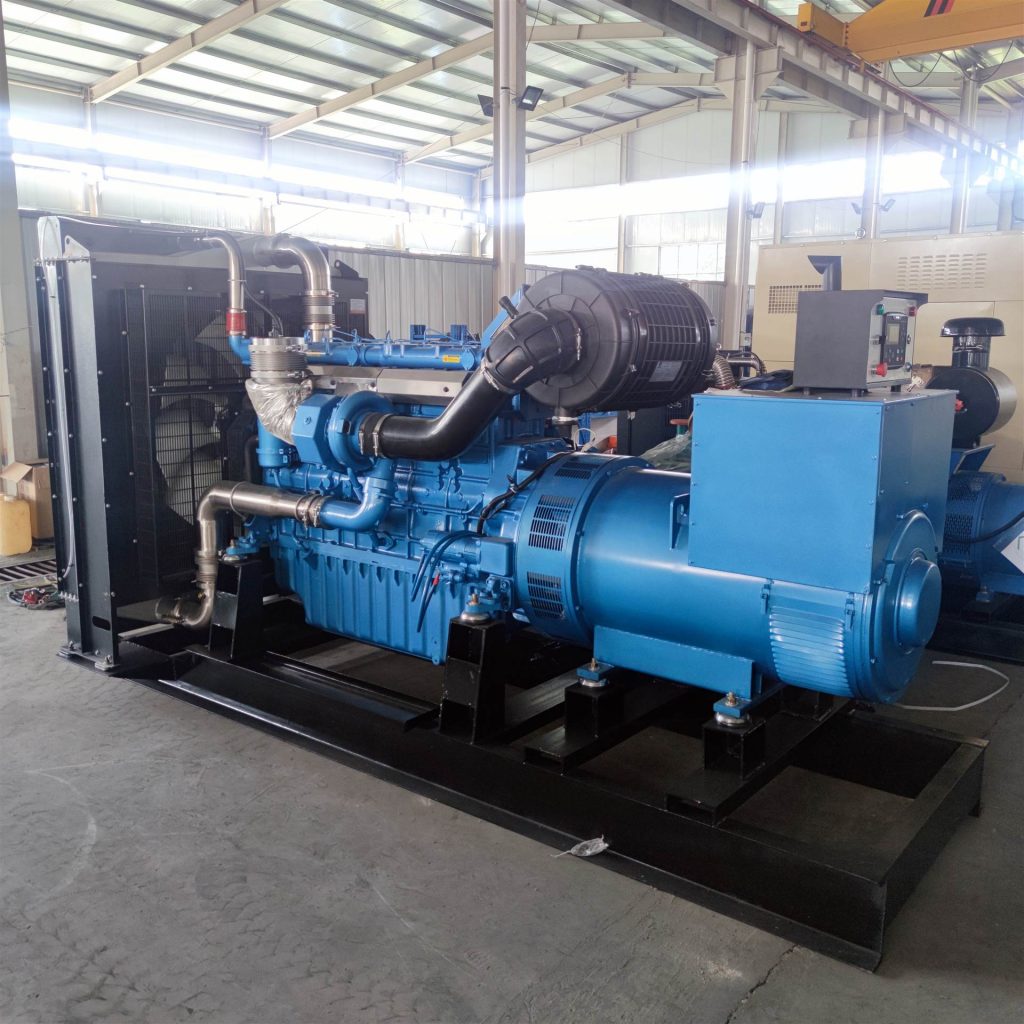Introduction
In today's world, energy is a crucial component of our daily lives. From powering our homes and businesses to supporting critical infrastructure, the demand for reliable and efficient power generation is ever-present. Diesel generators have long been a popular choice for providing backup power due to their reliability and durability. However, as concerns about environmental impact and fuel efficiency continue to grow, maximizing the fuel efficiency of diesel generators has become a key focus for many users. In this article, we will explore the importance of fuel efficiency in diesel generators and discuss various strategies to optimize their performance.
Understanding Diesel Generators
Before delving into the specifics of fuel efficiency, it is important to have a basic understanding of how diesel generators operate. A diesel generator is a type of internal combustion engine that converts diesel fuel into electrical energy. The core components of a diesel generator include the engine, alternator, fuel system, cooling system, and control panel.

The engine is the heart of the diesel generator and is responsible for converting the chemical energy stored in diesel fuel into mechanical energy. This mechanical energy is then used to drive the alternator, which converts it into electrical energy. The fuel system is responsible for delivering the diesel fuel to the engine, while the cooling system helps regulate the engine temperature to prevent overheating. The control panel monitors and manages the generator's operation, ensuring that it functions smoothly and efficiently.
Importance of Fuel Efficiency
Fuel efficiency refers to the amount of energy produced by a generator relative to the amount of fuel consumed. Maximizing fuel efficiency is crucial for several reasons:
1. Cost Savings: Fuel costs represent a significant portion of the operational expenses of running a diesel generator. By improving fuel efficiency, users can reduce their fuel consumption and lower overall operating costs.
2. Environmental Impact: Diesel generators are known for their carbon emissions, which contribute to air pollution and climate change. Improving fuel efficiency can help reduce the environmental impact of diesel generators by lowering their carbon footprint.
3. Sustainability: As the world transitions towards more sustainable energy sources, optimizing the fuel efficiency of diesel generators can help extend their lifespan and reduce the need for additional fuel consumption.
Strategies for Maximizing Fuel Efficiency
There are several strategies that users can implement to maximize the fuel efficiency of their diesel generators:
1. Regular Maintenance: Proper maintenance is essential for ensuring the optimal performance of a diesel generator. Regularly scheduled maintenance, including oil changes, filter replacements, and fuel system checks, can help improve fuel efficiency and prevent breakdowns.
2. 200kw diesel generator for commercial buildings : Diesel generators operate most efficiently when they are running at a consistent load. Avoiding frequent starts and stops and ensuring that the generator is sized appropriately for the load can help maximize fuel efficiency.
3. Fuel Quality: The quality of the diesel fuel used in a generator can have a significant impact on its fuel efficiency. Using high-quality fuel with the appropriate additives and maintaining proper fuel storage conditions can improve efficiency and reduce emissions.
4. Engine Tuning: Proper tuning of the diesel engine is essential for optimizing fuel efficiency. Regularly calibrating the engine settings, such as the fuel injection timing and air-fuel ratio, can help ensure that the engine is running at its peak performance.
5. Energy Storage Systems: Integrating energy storage systems, such as batteries or supercapacitors, with diesel generators can help improve fuel efficiency by allowing excess energy to be stored and used during peak demand periods.
6. Hybrid Systems: Combining diesel generators with renewable energy sources, such as solar or wind power, in a hybrid system can help reduce fuel consumption and lower emissions. The diesel generator can serve as a backup power source, providing additional reliability and flexibility.
Case Studies
To illustrate the impact of fuel efficiency strategies on diesel generators, let's consider two case studies:
Case Study 1: A manufacturing facility in a remote area relies on a diesel generator for backup power. By implementing regular maintenance practices and load management strategies, the facility was able to reduce its fuel consumption by 15% and lower its operating costs.
Case Study 2: A telecommunications company operates a network of diesel generators to support its infrastructure. By upgrading the fuel quality and engine tuning of its generators, the company was able to improve fuel efficiency by 20% and reduce its carbon emissions.
Conclusion
Maximizing fuel efficiency is essential for optimizing the performance and sustainability of diesel generators. By implementing strategies such as regular maintenance, load management, fuel quality optimization, engine tuning, energy storage systems, and hybrid systems, users can achieve significant improvements in fuel efficiency. As the demand for reliable and efficient power generation continues to grow, prioritizing fuel efficiency in diesel generators will be crucial for meeting the energy needs of today and tomorrow.
